When is the paper tax return deadline?
Self-assessment customers need to know that the paper tax return deadline is midnight on 31 October, or they risk being slapped with a £100 fine.

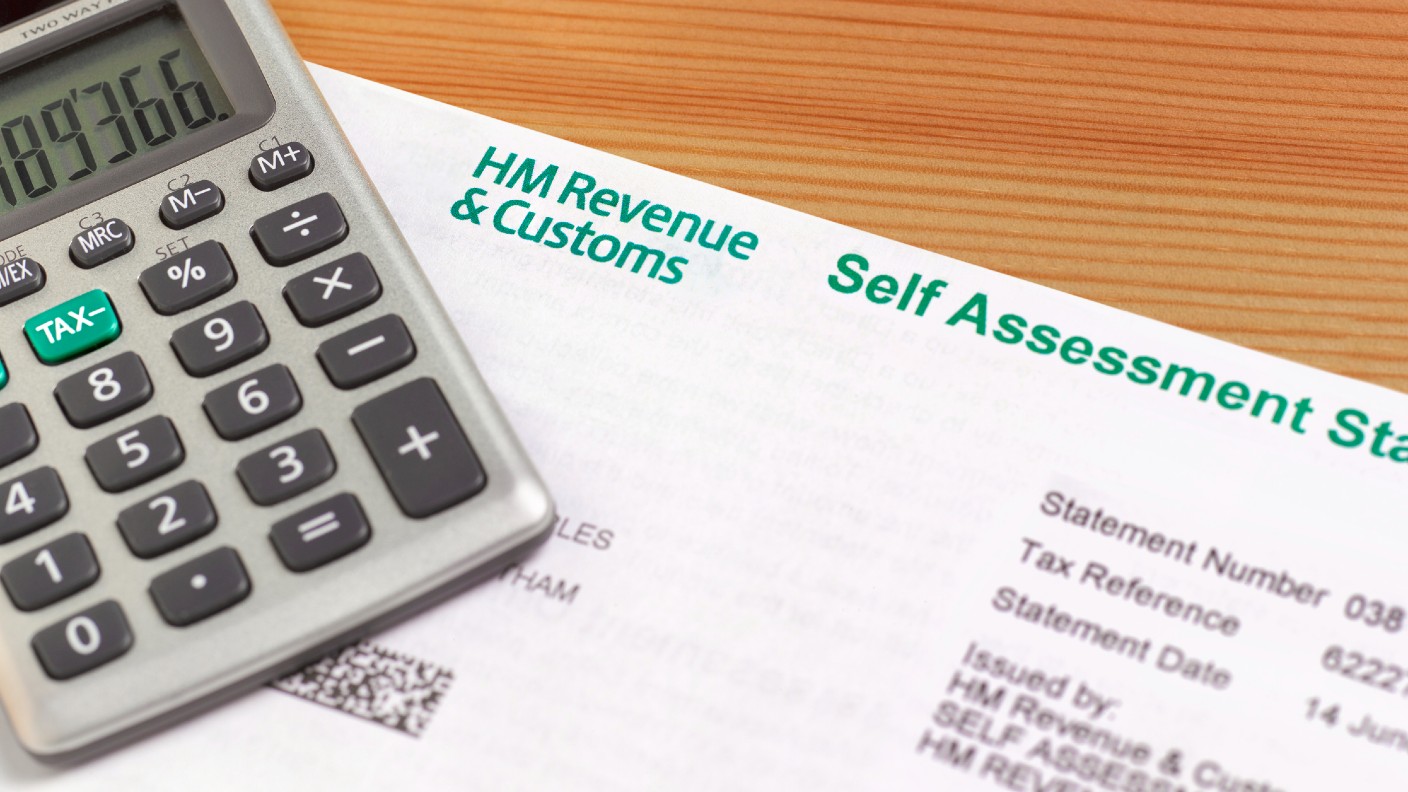
Get the latest financial news, insights and expert analysis from our award-winning MoneyWeek team, to help you understand what really matters when it comes to your finances.
You are now subscribed
Your newsletter sign-up was successful
Want to add more newsletters?

Twice daily
MoneyWeek
Get the latest financial news, insights and expert analysis from our award-winning MoneyWeek team, to help you understand what really matters when it comes to your finances.

Four times a week
Look After My Bills
Sign up to our free money-saving newsletter, filled with the latest news and expert advice to help you find the best tips and deals for managing your bills. Start saving today!
Customers wishing to file a paper tax return must ensure that HM Revenue & Customs (HMRC) receives it by midnight on Monday 31 October – or risk being fined.
Almost half a million people choose to fill in and post a tax return each year, rather than submitting their self-assessment return online.
This year, those posting a tax return are being urged to do so as quickly as possible due to ongoing postal strike action, which could lead to delivery delays.
MoneyWeek
Subscribe to MoneyWeek today and get your first six magazine issues absolutely FREE

Sign up to Money Morning
Don't miss the latest investment and personal finances news, market analysis, plus money-saving tips with our free twice-daily newsletter
Don't miss the latest investment and personal finances news, market analysis, plus money-saving tips with our free twice-daily newsletter
If you miss the Halloween deadline for paper tax returns, it’s possible to do an online tax return instead – in which case, the tax return deadline is 31 January.
However, anyone who files a paper tax return after the 31 October deadline risks being fined by HMRC. You’ll pay a late filing penalty of £100 if your tax return is up to three months late. If it’s later than this, you could face penalties totalling more than £1,000.
Regardless of whether you submit a paper or online return, the deadline to pay any tax due is 31 January.
Who must send a tax return?
About 12.2 million people submit a tax return each year, with the vast majority (around 95%) completing the process online rather than sending in a paper return. This year, 452,629 paper returns have been filed so far, according to HMRC.
Self-employed people, those with untaxed income (such as from investments), landlords with untaxed rental income, and parents who need to pay the high income child benefit charge are just some of the people who should file a tax return.
You don’t usually need to send a return if your only income is from your wages or pension, or if you’re newly self-employed but your earnings don’t exceed £1,000.
The tax return that needs to be submitted currently relates to the 2021-22 tax year, which ran from 6 April 2021 to 5 April 2022.
If you‘re not sure whether you need to complete a tax return or not, use this free online self-assessment tool on gov.uk.
How to submit a paper tax return
The quickest way to submit a tax return is online, plus the deadline is longer as you have until 31 January to do it.
However, if you prefer to file a paper return, you’ll need to print out and fill in form SA100.
There is a guide on the gov.uk website on how to fill it out and supplementary pages – which you may need for certain types of income. Don’t forget to sign and date the form yourself. If you don’t, it will be sent back to you.
HMRC must receive the completed tax return by midnight on 31 October, make sure you post it well before the final deadline.
If you live in the UK, send it to: Self Assessment, HM Revenue & Customs, BX9 1AS.
If you live outside the UK, send it to: HM Revenue & Customs, Benton Park View, Newcastle Upon Tyne, NE98 1ZZ, UK.
What happens if I miss the 31 October deadline?
If you're worried you'll miss this deadline you can avoid a fine by submitting your tax return online instead. Just make sure it’s done by 31 January.
If you submit a paper return past the 31 October cut-off, you'll be charged a £100 penalty – even if there's no tax to pay.
If you still haven’t filed your return after three months, further penalties of £10 a day are applied, up to a maximum of £900. After six months, HMRC will fine you 5% of the tax owed or £300 (whichever is greater), which is repeated at 12 months.
Beware of HMRC scams
Self-assessment customers should beware of HMRC scams, as tax return season is a popular time for scammers to target victims.
In the 12 months to August 2022, HMRC responded to more than 180,000 referrals of suspicious contact from the public, of which almost 81,000 were scams offering fake tax rebates.
Criminals claiming to be from HMRC may target individuals by email, text and phone. They may offer bogus tax rebates or threaten arrest for tax evasion.
There is a risk some people doing their tax return may think the communications are genuine and from HMRC.
Myrtle Lloyd, HMRC’s director general for customer services, said: “Never let yourself be rushed. If someone contacts you saying they’re from HMRC, wanting you to urgently transfer money or give personal information, be on your guard. HMRC will never ring up threatening arrest. Only criminals do that.”
You can report any suspicious activity to HMRC by forwarding texts claiming to be from HMRC to 60599 and emails to phishing@hmrc.gov.uk. Any tax scam phone calls can be reported using the online form on gov.uk.
Get the latest financial news, insights and expert analysis from our award-winning MoneyWeek team, to help you understand what really matters when it comes to your finances.

Ruth is an award-winning financial journalist with more than 15 years' experience of working on national newspapers, websites and specialist magazines.
She is passionate about helping people feel more confident about their finances. She was previously editor of Times Money Mentor, and prior to that was deputy Money editor at The Sunday Times.
A multi-award winning journalist, Ruth started her career on a pensions magazine at the FT Group, and has also worked at Money Observer and Money Advice Service.
Outside of work, she is a mum to two young children, while also serving as a magistrate and an NHS volunteer.
-
 How a ‘great view’ from your home can boost its value by 35%
How a ‘great view’ from your home can boost its value by 35%A house that comes with a picturesque backdrop could add tens of thousands of pounds to its asking price – but how does each region compare?
-
 What is a care fees annuity and how much does it cost?
What is a care fees annuity and how much does it cost?How we will be cared for in our later years – and how much we are willing to pay for it – are conversations best had as early as possible. One option to cover the cost is a care fees annuity. We look at the pros and cons.
-
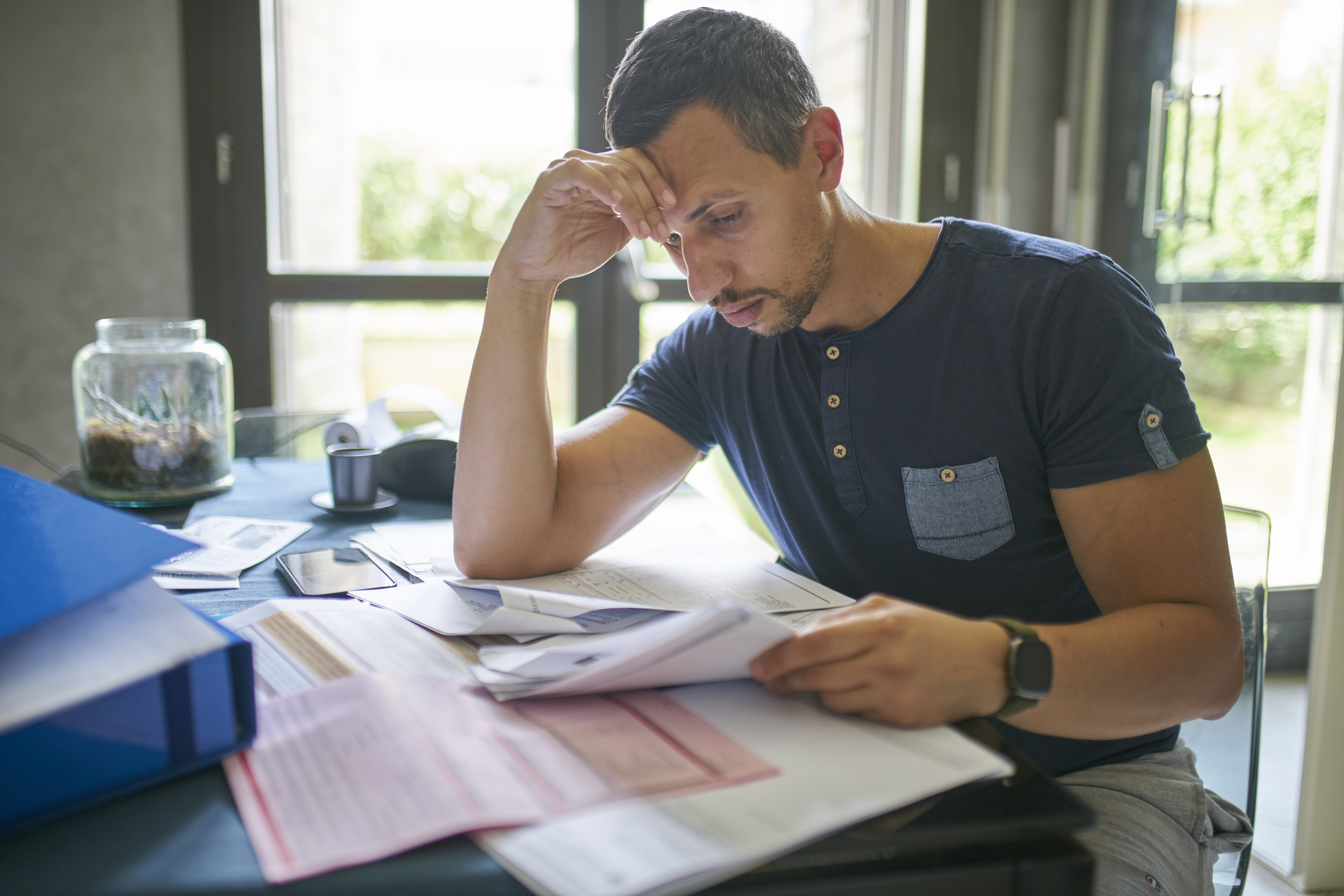 Two million taxpayers to be hit by £100k tax trap by 2026/27
Two million taxpayers to be hit by £100k tax trap by 2026/27Frozen thresholds mean more people than ever are set to pay an effective income tax rate of 60% as their earnings increase beyond £100,000. We look at why, as well as how you can avoid being caught in the trap.
-
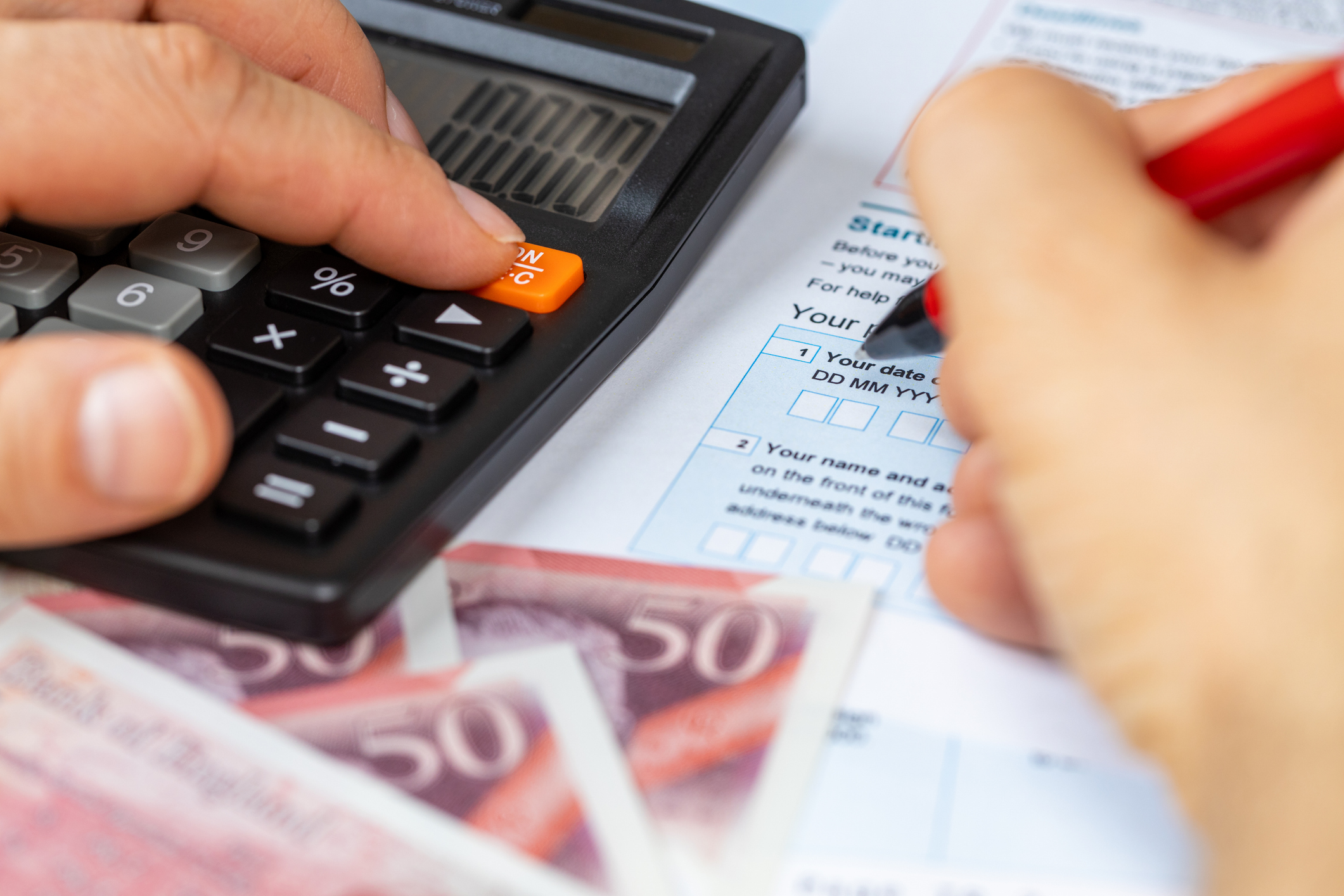 13 tax changes in 2026 – which taxes are going up?
13 tax changes in 2026 – which taxes are going up?As 2026 gets underway, we look at what lies ahead in terms of changes to tax rates and allowances this year and how it will affect you.
-
 How to limit how much of your Christmas bonus goes to the taxman
How to limit how much of your Christmas bonus goes to the taxmanIt's Christmas bonus season but the boosted pay packet may mean much of your hard-earned reward ends up with HMRC instead of in your pocket
-
 Over 1 million pay 45% rate of income tax as fiscal drag bites
Over 1 million pay 45% rate of income tax as fiscal drag bitesHundreds of thousands more people are being pushed into the additional rate tax band by fiscal drag
-
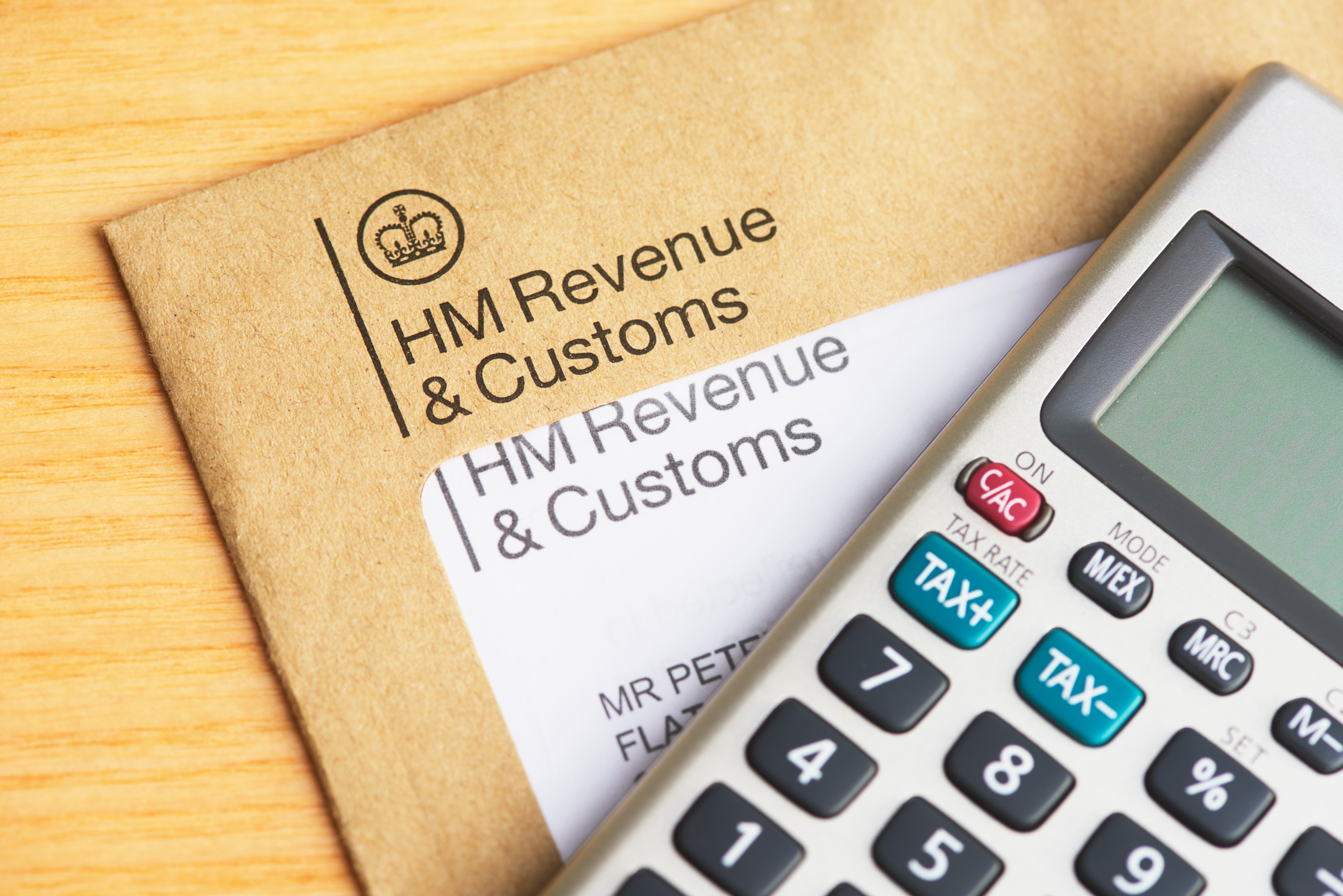 'I've used my annual ISA allowance. How can I shield my savings from tax?'
'I've used my annual ISA allowance. How can I shield my savings from tax?'As millions face paying tax on savings interest, we explore how to protect your money from the taxman. If you've used up your ISA allowance, we look at the other tax-efficient options.
-
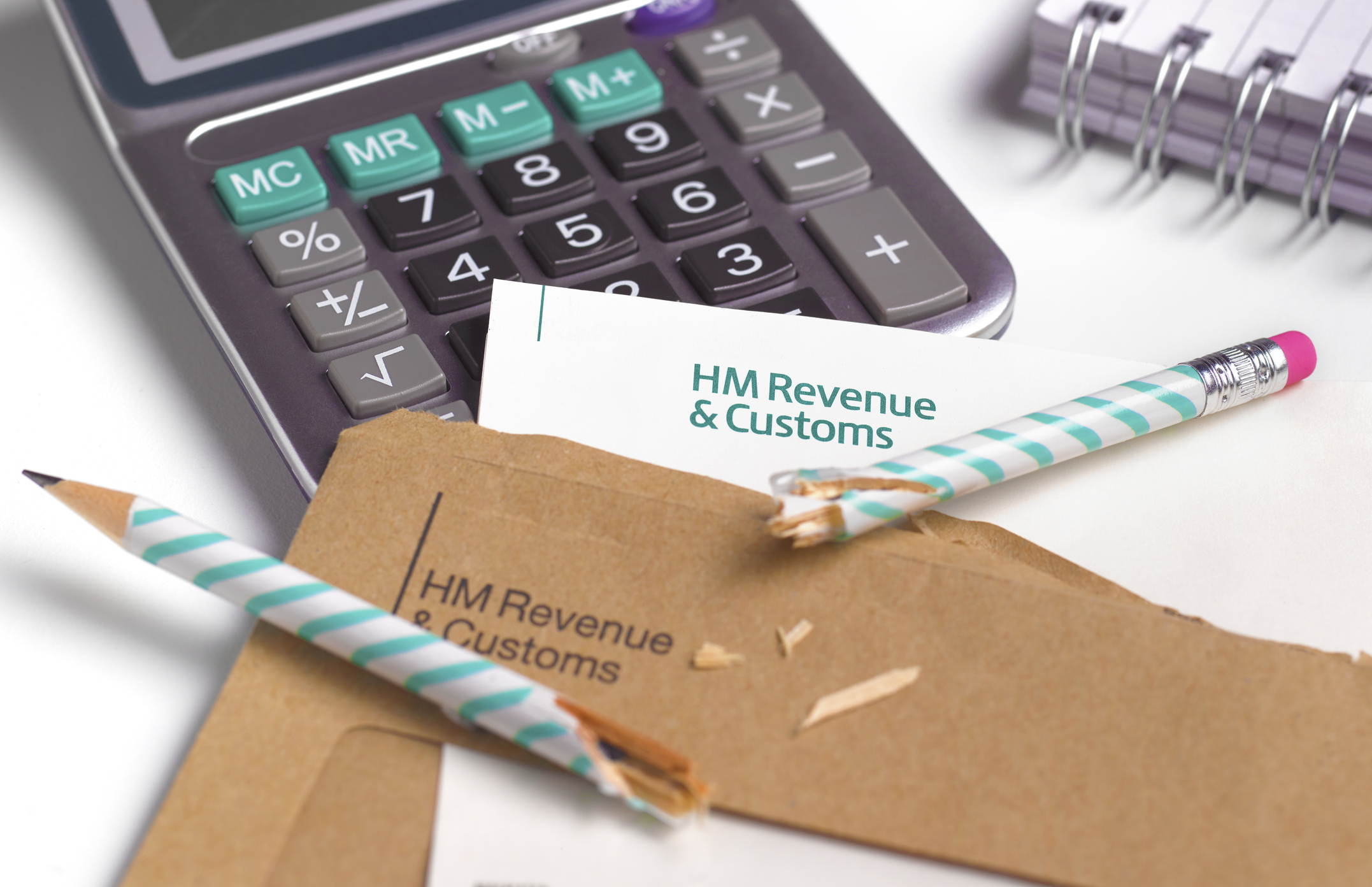 Simple assessment explained as millions brace for unexpected tax bills
Simple assessment explained as millions brace for unexpected tax billsIncreasing numbers of people could get letters from HMRC saying they owe more tax due to frozen thresholds, under a system known as simple assessment. Here is what it means for you.
-
 What are wealth taxes and would they work in Britain?
What are wealth taxes and would they work in Britain?The Treasury is short of cash and mulling over how it can get its hands on more money to plug the gap. Could wealth taxes do the trick?
-
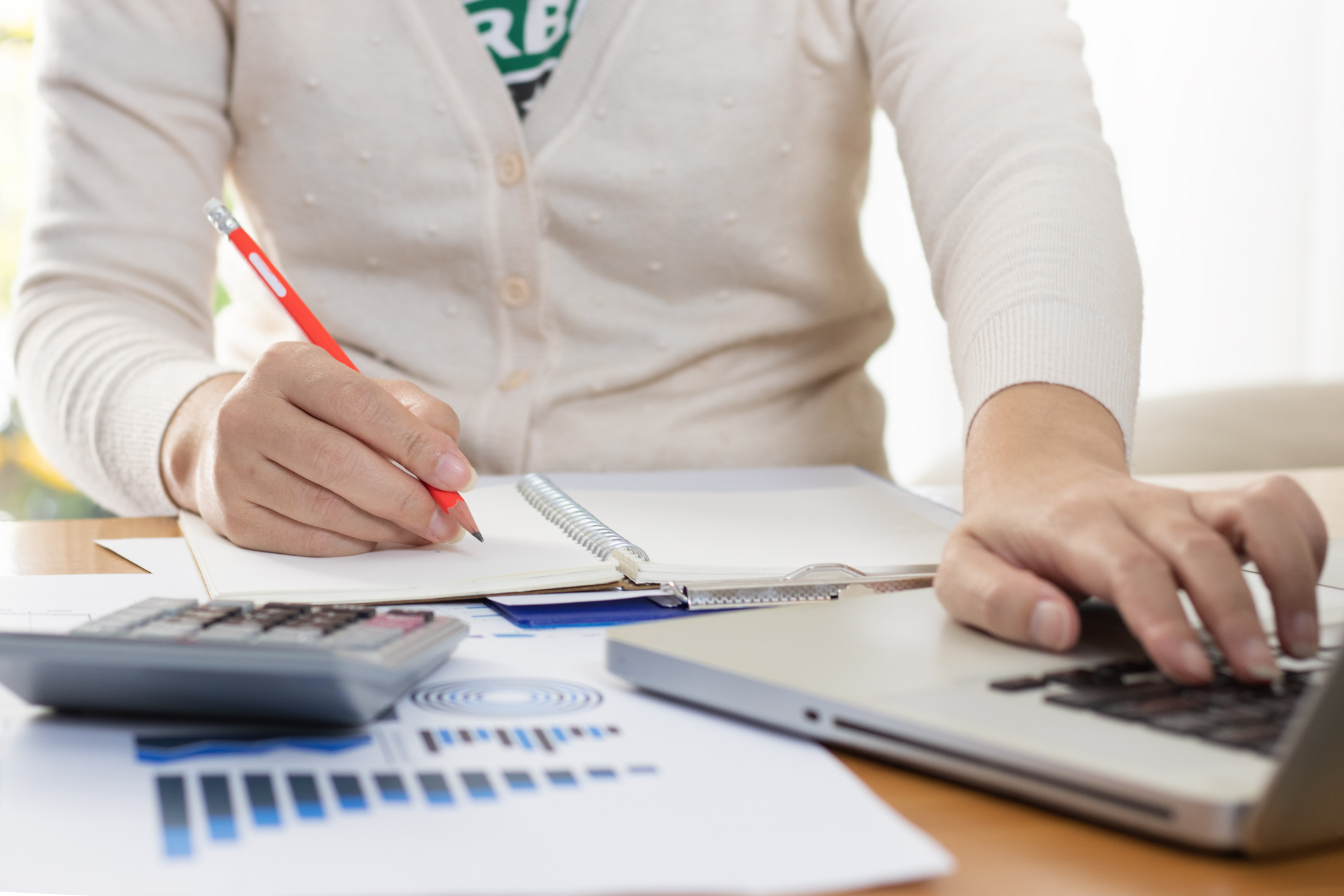 When is the self-assessment tax return deadline?
When is the self-assessment tax return deadline?If you are self-employed, rent out a property or earn income from savings or investments, you may need to complete a self-assessment tax return. We run through the deadlines you need to know about